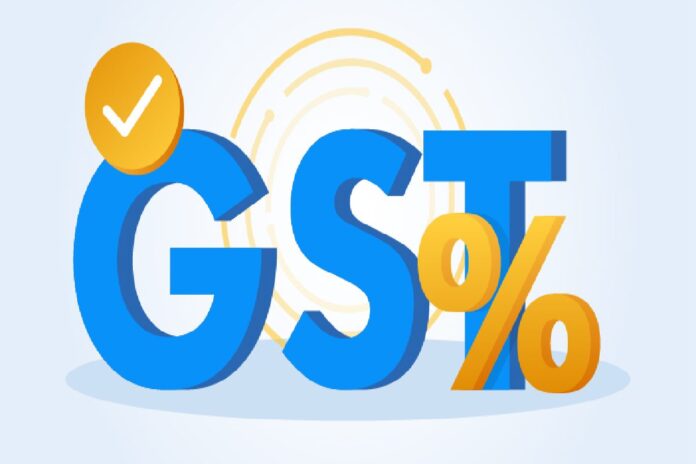GST compliance is critical for firms operating in India. The Goods and Services Tax has simplified indirect taxes, but it requires exact record-keeping, prompt return submission, and correct tax computations. A strong accounting solution can make these chores easier, allowing firms to stay compliant without needless stress.
Table of Contents
GST registration
GST registration online is an important part of compliance. Businesses that surpass the statutory turnover level must register for GST. A complete accounting system can assist with the registration and guarantee that the relevant information is provided. This will eliminate future issues. Once registered, businesses must keep correct records of sales, purchases, and tax payments. In this way they can file their returns efficiently.
Simplify GST return filing
Filing GST returns correctly and on time is one of the most difficult components of compliance. A customised accounting solution allows firms to bypass the GST site and file returns directly, saving time and lowering the chance of mistakes. With built-in automation, firms can easily prepare and reconcile GSTR-2A/2B statements, highlighting any missing or incorrect invoices. This function promotes openness and avoids needless tax conflicts. Furthermore, composition dealers may easily prepare CMP-08 returns, ensuring that even those using the composition scheme complete their GST duties quickly.
Managing GST on advances and reverse charge supplies
Managing GST on advances and reverse charge supplies can be complicated, but a well-integrated system makes the process easier. Businesses may track and manage these transactions with built-in intelligence, reducing the risk of errors. Furthermore, managing tax deductions at source (TDS) and tax collected at source (TCS) is simplified, ensuring that enterprises comply with all applicable tax rules, from transaction recording to return filing.
Create GST-compliant invoices effortlessly
Generating GST-compliant invoices is an essential task for businesses. An effective accounting solution enables firms to generate, print, and transfer professional invoices promptly. Businesses may retain a strong brand identity while ensuring they do not overlook the regulations. This allows users to personalise invoices by adding their company logo and adjusting layouts. It is simple to produce a variety of invoices, including tax invoices, bills of supply, and export invoices. This technology lowers manual effort and minimises mistakes. It also guarantees that all invoices comply with GST laws.
Automate e-invoice and e-way bill generation
A linked and automated system may also generate e-invoices and e-way bills. Businesses may produce these documents instantaneously without having to navigate many websites, which reduces administrative strain. This connectivity keeps firms up to date on the newest compliance regulations, preventing delays in logistics and tax reporting.
Reconcile GST transactions seamlessly
Reconciliation is another important aspect of GST compliance. A robust accounting application automates the reconciliation process, allowing firms to manage input tax credits (ITC) more effectively. Businesses may guarantee they claim the right ITC amount by automatically matching invoices to GSTR-2A/2B statements, preventing mistakes that could result in penalties or loss of qualifying credits. The ability to track how much GST is owed or how much ITC may be claimed is extremely useful for financial planning and tax optimisation.
Use a GST calculator for accuracy
An integrated GST calculator can help firms streamline compliance even further. Rather than manually calculating tax responsibilities, this tool quickly calculates the relevant amount depending on the tax rate. This function improves corporate cash flow planning by providing a comprehensive view of tax liabilities in real-time.
Conclusion
Businesses may use a sophisticated accounting solution to automate GST-related operations. This way, they can reduce manual involvement and stay compliant. From filing taxes to creating e-invoices, the appropriate solution will considerably reduce the stress of compliance. This allows businesses to concentrate on development rather than regulatory difficulties.

